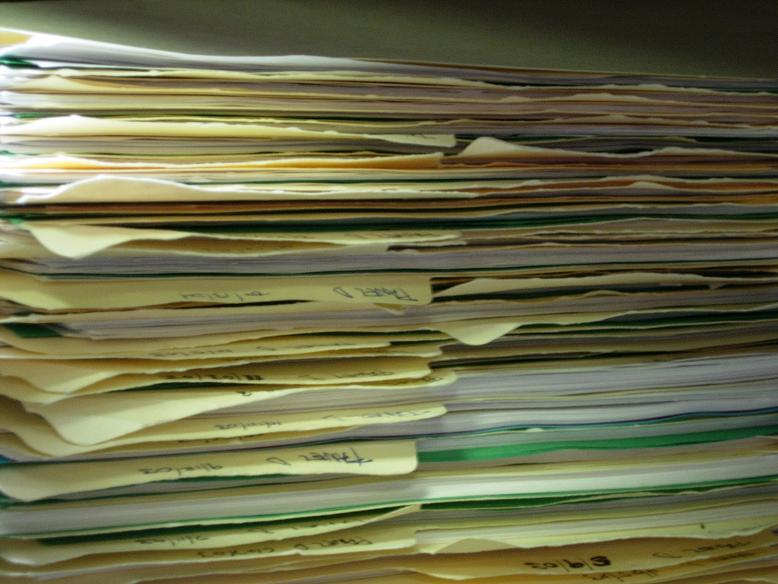For small and medium enterprises, getting a loan can be extremely difficult – especially if you’ve never applied before or the company hasn’t been around for very long. There are many more factors that the lender will need to consider when compared to a personal loan and this can catch many businesses unawares.
To give you a helping hand, we’ve put together this checklist of information a lender will need to know in order to consider your loan application:
Information Checklist:
• Personal background – if you are still a small or young business then the bank are going to want to know who you are. This is so that they can get a base idea of who they are dealing with and ensure that you haven’t been recently bankrupt or have a criminal record which could affect the loan. This isn’t so present in medium sized businesses, but it may still be asked for so make sure you have this information to hand.
• Business plan – a lender will never hand over their money without knowing that they are going to get it back. They will need to look at a detailed business plan to see that the business will be able to repay the loan and not simply default. Make sure your business plan includes:
o Projected financial statements
o Profit and loss calculations
o Cash flow estimate
o Balance sheet
o Show goals and targets
o Estimated budget
• Personal credit report – similarly to the personal background check, the bank will need to run a credit report to ensure that you don’t have a history of defaulting on loans. If you do have bad credit history then you may need to apply to specialist lenders.
• Business credit report – this is pretty obvious, as a business applying for a loan you will need to show that the business is in good stead to repay any loan. The larger your business the more weight will be placed on this report over your personal credit history.
• Income Tax returns – many lenders will require at least three years of previous business income tax returns before they will consider an application. If your business hasn’t been around this long then you may need to look at specialist loans or use a commercial mortgage broker to help you find financing.
• Bank statements – not all banks require a statement on top of everything else, but this proves that your incomings and outgoings are what you have declared them to be. Partners with more than a 20% share in the business may also be required to submit their bank statements as well – normally these statements need to backdate for 12 months.
• Collateral – again not all banks will require this, but by having collateral the lender will be able to provide you with much lower rates as they have lower risk with the loan. This can be anything from the equipment in the office to private homes, land, vehicles, stock or other assets that can be receivable in the event of a default.
• Legal documents – in order to be able to consider your application, the lender will need to receive copies of legal documents to show that you and the business are what they appear to be. Documents they may require include:
o Business licenses and registrations
o Articles of Incorporation
o Copies of contracts with third parties
o Franchise agreements (if applicable)
o Commercial leases
In addition to all this information, you will need to be able to answer basic questions such as:
• How would the loan proceeds be used if you were successful?
• Do you have any other business debt and to who?
• Have you included calculations for emergencies and changes to the economy?
Not every business is successful with their first application and it can take a lot of time and effort to find and apply to the lenders with the best rates. But by using commercial mortgage brokers, you can cut out all the hard work and get a business mortgage that perfectly matches your needs without all the added hassle. Talk to us at Pure Commercial Finance today to find out how we can help you!






